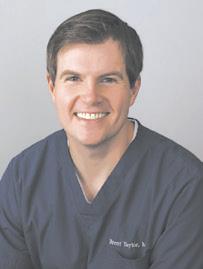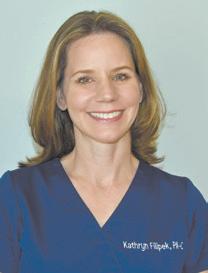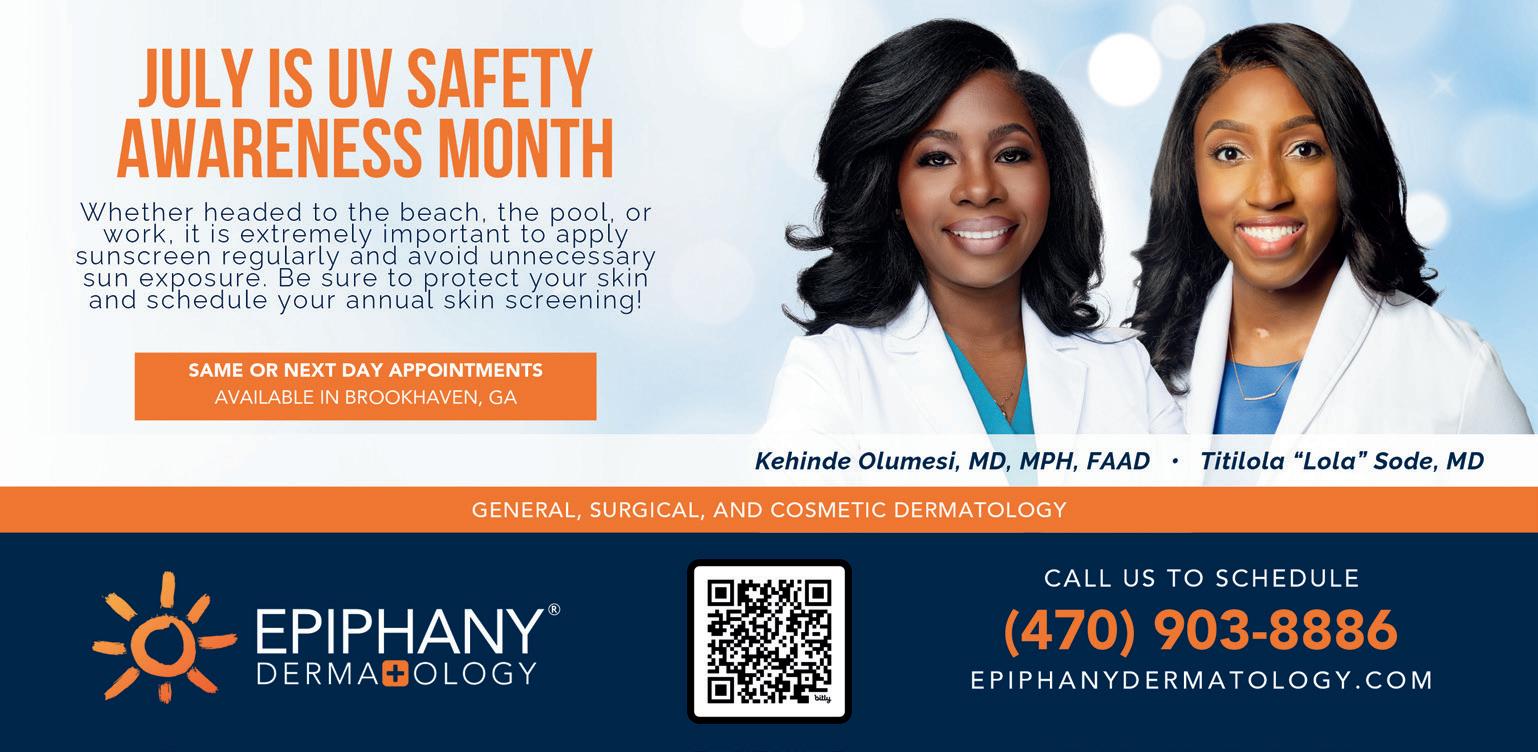

Your Local Broker for Medicare Insurance Needs

Jay Looft Owner/Agent
•
•
•
•



New home, new Medicare Plan
If you are moving across the street, chances are you won’t need to change your Medicare plan; however, if you are moving to a different county, across town, or to another state you’ll need to get in touch with your Medicare insurance agent to make a change.
When you move outside of your Medicare Advantage and Prescription Drug Plan’s service area, you’ll have new plan options and possibly different insurance carriers offered in your new county of residence. It is important to update your Medicare insurance plan to receive full plan benefits, have access to doctors, and to avoid being disenrolled from your plan.
Even if it’s not within the Annual Enrollment Period, Medicare will grant you a Special Enrollment Period to
make a change when moving outside of the plan’s service area. The Special Enrollment Period begins the month you notify the insurance company of your move and remains available for two months.
Are you moving to be closer to your children and grandchildren, or maybe you’re moving to the North Georgia mountains or the Florida coast for retirement? Whether it’s Atlanta, North Georgia, or another state we can help! SeniorSource Medicare Solutions is currently licensed in 16 States and can help with your Medicare plan transition whether you are new to Georgia or relocating to another state.
If you have questions about moving, and how it may affect your Medicare insurance coverage, give us a call today! Call us at (770) 9136464 or visit our website at www. SeniorSourceMedicare.com.
Wait,
so you’re
saying I have slug bacteria on my face from kissing my new boyfriend

Nemaslug® is a snail and slug pest-control product sold in England and Canada but not available in the United States. I first learned about this product while investigating a skin infection of a patient, and what I learned emphasizes that our connections with our creepy crawly garden neighbors are a little too close for comfort.
A female in her early 20s presented to clinic with a sore on her face that had been present a few days. It was solitary, several millimeters in size and did not seem like a lesion typical of acne. She was prescribed hydrocortisone 2.5% cream and mupirocin 2% ointment (an antibiotic), and a culture was performed to identify the type of bacteria present. Three days later, the results returned positive for Moraxella osloensis (M. osloensis). We were prepared to prescribe an oral antibiotic, but she was asymptomatic with the lesion having resolved with topical therapy.
Moraxella is a genus of gram negative bacteria that normally colonize the human respiratory tract. In medical school, we typically learn about Moraxella catarrhalis, which is a frequent cause of ear infection and pneumonia. Its cousin M. osloensis is almost never discussed due to its rarity. However, there are over fifty case reports in the medical literature of M. osloensis causing infections in both children and adults. Infections range from pneumonia to blood infections, genital sores and even brain infection. Sometimes, this bacteria has been found in the area of a cancer. One case report of a brain tumor found to contain M. osloensis pointed out that it is not known whether the bacteria caused the tumor or whether the tumor provided a hospitable environment for the infection.
Most interestingly, M. osloensis does not just piggyback on cancers. Rather, this type of Moraxella likes to piggyback on worms – nematodes to be precise.
Nematodes, also called “eelworms” or “threadworms” are small round slender worms that
infect a wide variety of animals and humans. The type of worm that infects salmon meat is in fact a nematode and is the reason one should only eat raw fish if it has been sufficiently frozen beforehand.
The same bacteria that infected our patient is actually sold commercially in certain countries outside the United States. Nemaslug® 2.0 contains the nematode P. californica and the bacteria M. osloensis. This nematode infects snails or slugs, but it can only complete its lifecycle and kill the snail if the bacteria M. osloensis is also present. Scientists believe that M. osloensis helps the nematode kill the snail by releasing a bacterial toxin that causes blood poisoning and death. The nematode and its side-kick M. osloensis both replicate and proliferate. The nematode needs the bacteria to kill the snail. The bacteria needs the nematode because the nematode is mobile and can wriggle its way to its next snail or slug. Nemaslug® 2.0 is not sold in the United States out of concern that it could harm our native and sometimes helpful snail and slug species with specific concern for species in the Pacific Northwest.
Our patient did not use Nemaslug® 2.0 on her face. She did mention having a new boyfriend. Because M. osloensis is a normal colonizer of the human respiratory tract, it is possible that our patient already had this bacteria in her own respiratory tract and happened to infect her own skin. However, since she had not experienced a similar lesion in the past, it is more likely that that she accidentally came into contact with this bacteria during contact with another human such as her new boyfriend.
From case reports in the medical literature, we know that M. osloensis can very rarely cause blood poisoning in humans. Perhaps we are more closely related to snails than we would like, or perhaps M. osloensis just makes a toxin that is highly effective across vastly different species. Regardless, I know I am not kissing snails anytime soon, especially if they look under the weather.
Insist on the BEST
Dr. Brent Taylor is a Board-Certified Dermatologist, a Fellowship-Trained Mohs Surgeon, and is certified by the Board of Venous and Lymphatic Medicine in the field of Vein Care.
He is an expert in skin cancer and melanoma treatment, endovenous laser ablation, minimally invasive vein procedures and cosmetics procedures such as Botox and injectables.
Kathryn is a certified physician assistant with over 22 years experience as a Dermatology PA and cosmetic dermatology.
Her specialties include general dermatology such as acne, eczema, rashes, hair loss, full body skin exams, abnormal growths etc. Kathryn also specializes in cosmetic dermatology including lasers, injectables, micro-needling, PRP, facial peels, sclerotherapy for spider veins and at home skin care.


Kathryn Filipek, PA-C
Brought to you by – Premier Dermatology
UV Safety Awareness Month with Dr. Kehinde Olumesi
Brought to you by - Epiphany Dermatology
As a board-certified dermatologist, I see firsthand the effects of ultraviolet (UV) radiation on the skin every day. While sunshine has its benefits—boosting our mood and helping our bodies produce vitamin D—unprotected exposure to UV rays is the leading cause of premature skin aging and skin cancer, including melanoma, the deadliest form.
July is UV Safety Awareness Month, and it’s the perfect time to recommit protecting your skin. Whether you’re outdoors for just a few minutes or enjoying hours of summer fun, your skin remembers every sunburn, tan, and unprotected exposure. Over time, this damage accumulates and can lead to significant consequences.
The good news? Sun protection is simple and effective. Wear a broad-spectrum sunscreen with SPF 30 or higher every day, even when it’s cloudy. Reapply every two hours when outdoors. Seek shade, especially between 10 a.m. and 4 p.m., and wear protective clothing, sunglasses, and a widebrimmed hat.
And don’t forget your annual skin check. Early detection of skin cancer can be life-saving, and regular visits with a dermatologist help keep your skin healthy year-round.
Protecting your skin today helps preserve your health and appearance tomorrow.
— Dr. Kehinde Olumesi



New home, new Medicare plan
If you are moving across the street, chances are you won’t need to change your Medicare plan; however, if you are moving to a different county, across town, or to another state you’ll need to get in touch with your Medicare insurance agent to make a change.
When you move outside of your Medicare Advantage and Prescription Drug Plan’s service area, you’ll have new plan options and possibly different insurance carriers offered in your new county of residence. It is important to update your Medicare insurance plan in order to receive full plan benefits, have access to doctors, and to avoid being disenrolled from your plan.
Even if it’s not within the Annual Enrollment Period, Medicare will grant you a Special Enrollment
Period to make a change when moving outside of the plan’s service area. The Special Enrollment Period begins the month you notify the insurance company of your move and remains available for two months.
Are you moving to be closer to your children and grandchildren, or maybe you’re moving to the North Georgia mountains or the Florida coast for retirement? Whether it’s Atlanta, North Georgia, or another state we can help! SeniorSource Medicare Solutions is currently licensed in 16 States and can help with your Medicare plan transition whether you are new to Georgia or relocating to another state.
If you have questions about moving, and how it may affect your Medicare insurance coverage, give us a call today! Call us at (770) 3158145 or visit our website at www. SeniorSourceMedicare.com.
Your Local Broker for Medicare Insurance Needs


under 65


